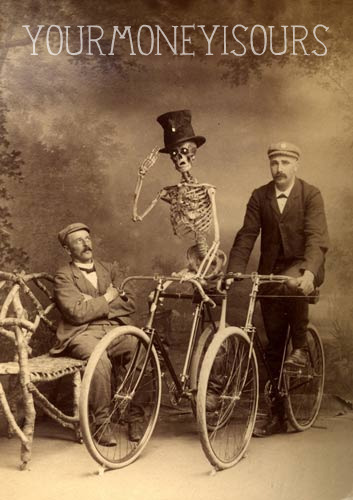One of my favorite books of Scripture has always been Hebrews. I don't really know why - it is incredibly intense with tons of imagery related to the sacrificial system and lots of statements that are difficult to interpret with confidence. Perhaps it is the intense language that I love, or maybe it is the metaphors that seem to resonate with me. Whatever it is, I started reading through it this past week along with a commentary (to try and make some sense of it), and here is a beautiful chunk of thought:
"The Preacher is not preaching into a vacuum; he is addressing a real and urgent pastoral problem, one that seems astonishingly contemporary. His congregation is exhausted. They are tired - tired of serving the world, tired of worship, tired of Christian education, tired of being peculiar and whispered about in society, tired of the spiritual struggle, tired of trying to keep their prayer life going, tired even of Jesus. Their hands droop and their knees are weak (12:12), attendance is down at church (10:25), and they are losing confidence. The threat to this congregation is not that they are charging off in the wrong direction; they do not have enough energy to charge off anywhere. The threat here is that, worn down and worn out, they will drop their end of the rope and drift away. Tired of walking the walk, many of them are considering taking a walk, leaving the community and falling away from the faith.
We recognize the problem, of course, but the Preacher's response may astound us. What is most striking about Hebrews is that the Preacher, faced with the pastoral problem of spiritual weariness, is bold enough, maybe even brash enough, to think that christology and preaching are the answers. The Preacher does not appeal to improved group dynamics, conflict management techniques, reorganization of the mission structures, or snappy worship services. Rather, he preaches - preaches to the congregation in complex theological terms about the nature and meaning of Jesus Christ.
This Preacher does not float around on the surface where the desires of people cluster eagerly around this or that fad; he dives to the depths, to the hidden places where profound symbols work on the religious imagination to generate surprise, wonder, gratitude, and finally obedience. As strategies go, the Preacher's approach to ministry is so out of phase, so counter-intuitive, so in violation of the notion that congregations are allergic to serious theological thinking, that it probably should be seen as refreshing, and maybe even revolutionary."
- Thomas G. Long, Interpretation: Hebrews
Tuesday, March 16, 2010
Posted by
Brandon
at
5:26 PM
1 comments
![]()
Subscribe to:
Posts (Atom)

